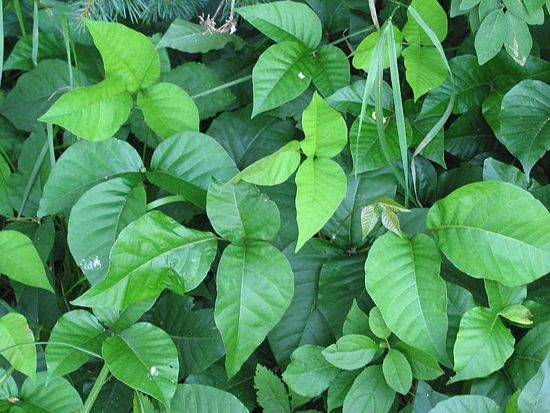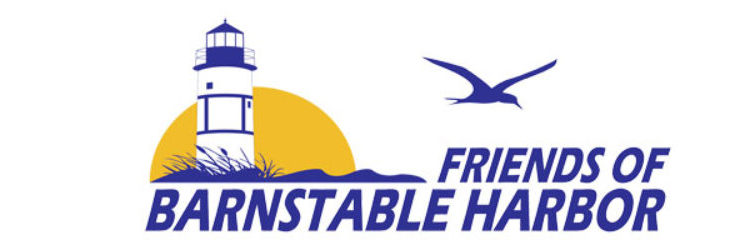Native Plants & Landscaping benefit all living creatures: insects, birds, reptiles and mammals. Using native landscaping promotes ecological health for the Barnstable Harbor watershed. Friends of Barnstable Harbor encourages all property owners on Cape Cod to consider native plants and landscaping when designing a yard, garden, driveway as well as when maintaining existing yards and gardens.
Visit our Reduce Watershed Pollutants page to see some “Best Practices” for a healthy yard & garden.
Read on for links and information on landscaping techniques for coastal areas.

Chain of Energy:
- Plants are the source of all energy that supports life. All animals get their energy directly from plants, or by eating something that has already eaten a plant.
- Some animals don’t eat plants directly. They rely on other animals, which do eat plants, to transmit the energy.
- The group of animals most responsible for passing energy from plants to the animals that don’t eat plants directly, is insects. This is what makes insects such vital components of healthy ecosystems. So many animals depend on insects for food (e.g., spiders, reptiles, amphibians, rodents, bats, and ninety-six percent of all terrestrial birds), that removing insects from an ecosystem spells its doom. (Doug Tallemy, “Gardening for Life”)
Informative Links:
- A wealth of information all in one place: Grow Native Massachusetts
- A not-for-profit, environmental education and advocacy organization whose members advocate the use of native plants and natural landscaping: Wild Ones
- DIY Landscape Projects, Useful Plants & More: Less Lawn
